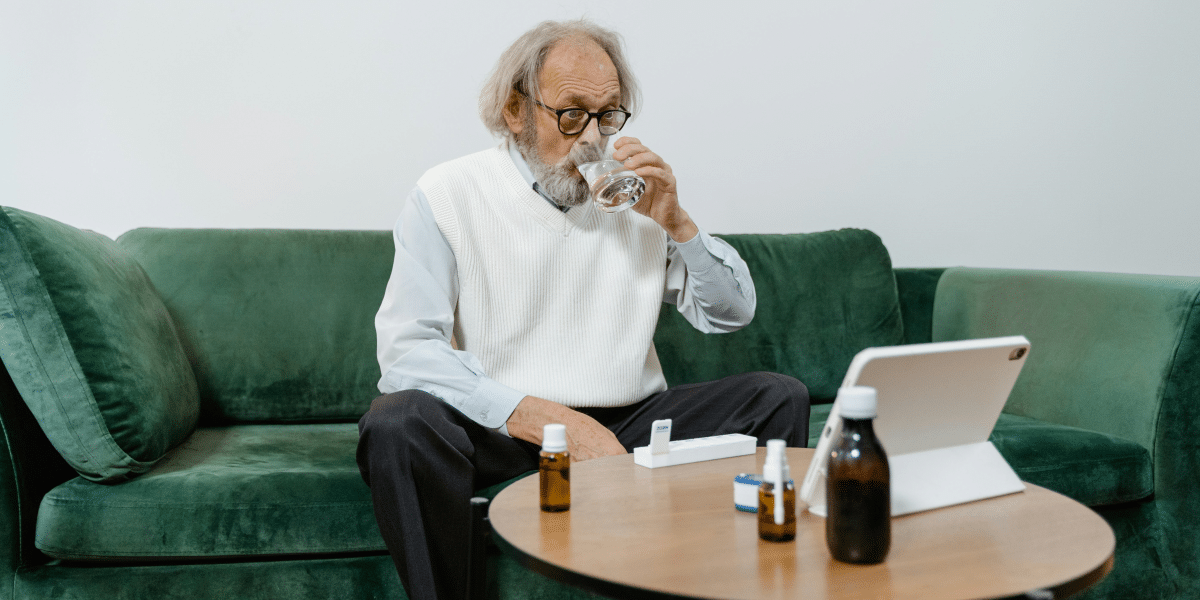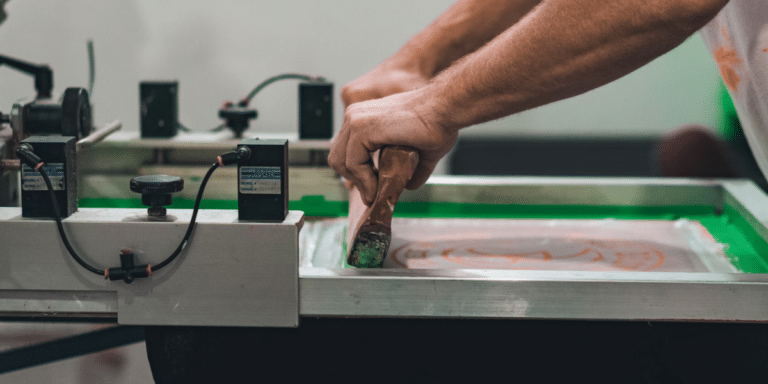Introduction to Addiction Recovery in the Pacific Northwest
Portland, Oregon, stands as a beacon of hope for individuals struggling with substance use disorders, offering a variety of facilities, including alcohol rehab centers.
These centers provide comprehensive care for individuals struggling with drug and alcohol addiction that requires treatment.
The city’s unique blend of medical expertise, community support, and innovative treatment strategies makes it a critical resource for those seeking to overcome addiction and reclaim their lives.
Types of Drug Rehabilitation and Residential Treatment Centers in Portland
Rehabilitation centers in Portland offer a diverse range of drug rehab options tailored to individual needs. While there are options like alcohol rehab and detox centers in California, many facilities in the city also offer specialized treatment for alcohol addiction.
No matter the setting, inpatient facilities provide the most intensive level of care, offering 24/7 medical supervision and structured treatment environments.
Types of Treatment Programs
Inpatient Programs: Inpatient programs require patients to stay at the treatment facility for a specified period, usually around 28 days. These programs provide a structured environment, allowing patients to focus entirely on their recovery without external distractions. Inpatient programs are ideal for those with severe addiction patterns or those who need a controlled setting to begin their journey to sobriety.
Outpatient Programs: Outpatient programs offer a more flexible approach, allowing patients to attend therapy sessions and counseling while still living at home. This type of program is perfect for individuals who need to balance treatment with work, family, or other responsibilities. Outpatient programs typically involve regular counseling sessions, group therapy, and structured treatment plans.
Residential Treatment: Residential treatment programs provide a supportive and structured environment where patients live and receive treatment.
Intensive Outpatient Programs (IOPs): IOPs offer a more intensive level of care than traditional outpatient programs. Patients attend therapy sessions and counseling multiple times a week, usually for several hours a day.
Partial Hospitalization Programs (PHPs): PHPs provide a high level of care similar to inpatient programs, but patients return home each evening. PHPs are ideal for those who require intensive treatment but also need to maintain some level of independence.
Treatment Approaches
Treatment approaches for addiction and mental health issues vary, and the most effective approach often involves a combination of different methods. Portland’s rehabilitation centers utilize a variety of evidence-based and holistic approaches to ensure comprehensive care.
Cognitive-Behavioral Therapy (CBT): CBT helps patients identify and change negative thought patterns and behaviors that contribute to their addiction or mental health issues.
Dialectical Behavior Therapy (DBT): DBT combines CBT with mindfulness techniques to help patients manage emotions and develop coping skills.
Medication-Assisted Treatment (MAT): MAT involves the use of medications, such as methadone or buprenorphine, to help manage withdrawal symptoms and cravings.
Holistic Approaches: Holistic approaches concentrate on treating the whole person, including physical, emotional, and spiritual aspects. Examples of holistic approaches include yoga, meditation, and art therapy.
Family Therapy: Family therapy involves the patient’s family members in the treatment process, helping them understand the addiction or mental health issue and develop strategies for supporting their loved one.
Mental Health Services
Individual Therapy: One-on-one therapy sessions with a licensed therapist allow patients to address specific mental health concerns. This personalized approach helps individuals develop coping strategies and work through underlying issues contributing to their addiction.
Group Therapy: Group therapy sessions with a licensed therapist and other patients provide a supportive environment to address common mental health concerns and develop social skills. Sharing experiences and learning from others can be greatly beneficial in the recovery process.
Medication Management: Medication management involves the use of medications to help manage symptoms of mental health conditions, such as depression or anxiety.
Mental Health Counseling: Mental health counseling concerns working with a licensed therapist to create coping skills and strategies for managing mental health concerns.
Psychiatric Services: Psychiatric services involve the evaluation and treatment of mental health conditions by a licensed psychiatrist.
Healthcare Coverage for Substance Abuse Treatment
Oregon Health Plan and Medicaid Coverage
The Oregon Health Plan serves as a lifeline for many residents seeking addiction treatment by providing access to a wide range of substance abuse treatment services. This comprehensive coverage includes inpatient and outpatient treatment, medication-assisted treatment, counseling, therapy services, and ongoing support and relapse prevention programs.
Private Insurance and Rehabilitation Coverage
Private insurance plans in Portland have significantly expanded their coverage for addiction treatment, thanks to federal and state-level healthcare reforms. Most comprehensive plans now include substantial support for rehabilitation services. This coverage typically encompasses partial or full payment for rehabilitation programs, detoxification services, mental health counseling, medication management, and ongoing support group participation.
Holistic Approach to Recovery and Mental Health Services in Portland
Portland’s rehabilitation centers distinguish themselves through a holistic approach to recovery that integrates mental health treatment into their comprehensive care. These centers offer outpatient services as part of their comprehensive care, allowing patients to receive treatment while managing their daily responsibilities. Many facilities integrate comprehensive healing strategies that address physical, mental, and emotional well-being.
Finding the Right Rehabilitation Center
Selecting an appropriate rehabilitation center requires careful and thoughtful consideration of the center’s specialization in treating drug or alcohol addiction. It is crucial to select a treatment program that aligns with personal recovery needs. Individuals should evaluate multiple factors, including the center’s treatment specialization, staff credentials and experience, program philosophy, success rates, and the availability of aftercare and ongoing support services.
The Role of Community Support
Portland’s strong community support network plays a crucial role in successful addiction recovery. Mental health therapists play a vital role in providing comprehensive care and support. Local support groups, community centers, and peer support programs complement formal rehabilitation services, providing ongoing encouragement and practical assistance.
A Trail to Recovery Can Be Blazed in Portland
Drug rehabilitation in Portland represents more than just treatment—it’s a comprehensive approach to healing, personal growth, and community reintegration.
With world-class facilities, innovative treatment approaches, and robust support systems, individuals struggling with addiction have genuine opportunities for sustainable recovery.
Published by Joshua F.








